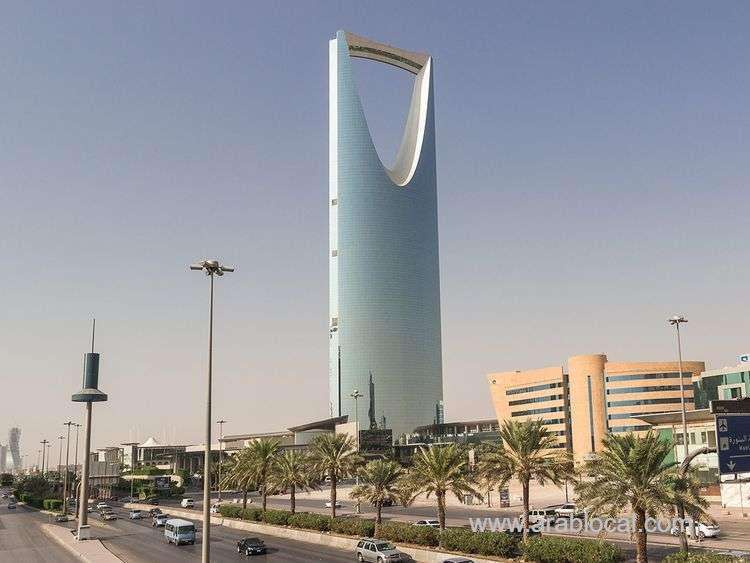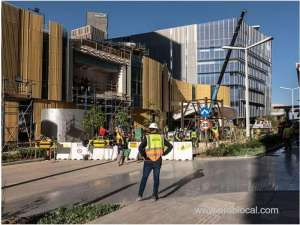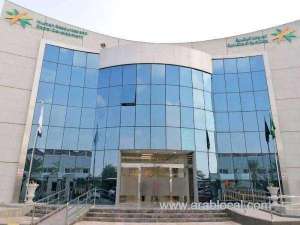The Saudi government is preparing a package of incentives aimed at small and medium enterprises (SMEs) to accommodate their workers in licensed group residences, according to recent media reports. This initiative is a collaborative effort between the Ministry of Commerce, the Ministry of Municipalities, and the Ministry of Housing, which are working together to develop a framework for these incentives.
According to the Saudi news portal Akhbar24, the ministries are studying potential mechanisms to encourage SMEs to house their workers in licensed and healthy buildings. Although specific details have not been released, this initiative is part of Saudi Arabia's broader strategy to regulate the labour market and ensure safe living conditions for workers.
Regulations for Group Housing
Earlier, the Ministry of Municipalities and Housing issued new regulations governing group housing. These stipulations include obtaining official licenses for any residence that accommodates 20 or more people, regardless of their length of stay. Other regulations include:
- A ban on renting rooftops of buildings for housing.
- Mandatory signage at the entrance of the residence, indicating the company or establishment to which the employees belong.
- Strict enforcement of occupancy limits to ensure the number of residents does not exceed the building's designated capacity.
Labour Market Reforms
Saudi Arabia, with a population of 32.2 million, is home to a significant expatriate workforce. Over the years, the kingdom has taken steps to regulate its labour market, making it more competitive and attractive to skilled workers. Last month, new labour reforms were announced to further safeguard contractual rights. Key changes include:
- A 30-day notice period for workers terminating an employment contract with no fixed duration, and a 60-day notice period for employers.
- Extension of maternity leave from 10 to 12 weeks.
- A three-day paid leave for workers in the event of the death of a brother or sister.
Major Labour Reforms in 2020
In 2020, Saudi Arabia introduced a series of major labour reforms that restructured its sponsorship system. These reforms, which went into effect the following year, allowed for greater job mobility and granted expatriate workers the ability to exit and re-enter the country without needing their employer’s approval. These changes have drastically improved the working environment for expatriates and contributed to Saudi Arabia's goal of creating a more stable and dynamic workforce.
Conclusion
Through initiatives like the incentives for SMEs and ongoing labour reforms, Saudi Arabia continues to enhance its labour regulations. By ensuring that workers have access to licensed, safe, and healthy housing, the kingdom is taking steps toward a more robust and sustainable labour market that benefits both workers and employers.










